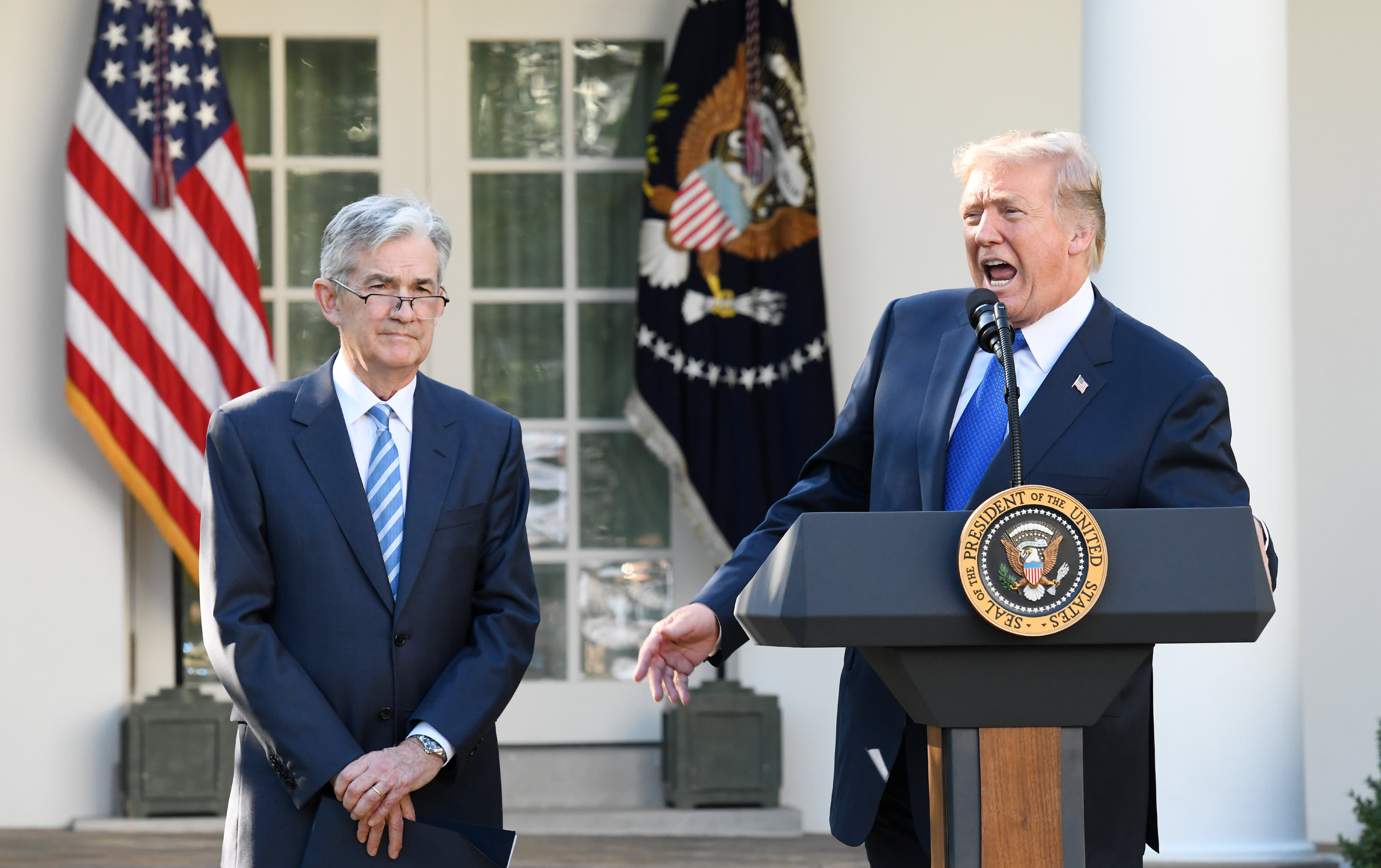Government borrowing costs have hit their highest level since before the election amid fresh evidence that Labour's Budget plans are giving investors in UK assets the jitters.
The yields on ten-year gilts, which rise as their prices fall, rose close to 4.25 per cent from around 3.75 per cent just over three weeks ago.
The 4.247 per cent reached yesterday was the highest level since July 3, the day before Labour won power.
The latest spike came as UK asset manager Liontrust said £1.1billion has been pulled from its funds by investors amid fears over tax hikes by Rachel Reeves.
The Chancellor has warned that taxes will have to rise to fill a £22billion hole in the public finances.

That could include a hike in capital gains tax, a move that businesses fear will deter investment, as well as raids on other areas including pensions.
And reports suggest she may also change fiscal rules to unlock tens of billions to spend on infrastructure.
But some experts have suggested that the Government may not find it straightforward to raise the money it needs by selling UK bonds, known as gilts. That has raised the prospect of a 'buyers' strike' among gilt investors.
Yields on gilts represent the returns expected by those investors for the risk of lending money to the Government.
Neil Wilson, chief market analyst at Finalto, said the move came 'as it becomes clear Chancellor Rachel Reeves will tweak debt rules to borrow more'.
And he added: 'Watch gilts. Reeves may not be in for such an easy ride.'
Experts at Pantheon Macroeconomics pointed to other factors that are pushing up gilt yields, including the rise in oil prices caused by conflict in the Middle East, adding to the inflationary pressures.
Another factor is the better-than-expected performance of the US economy.
Both are reducing the likelihood of interest rates being cut quickly.
Pantheon said that the prospect that the Government will need to sell more gilts than expected to raise money 'has likely added to the rise in gilt yields, but only modestly'.
Liontrust's warning came as the asset manager reported a 4 per cent fall in assets under management to £26billion for the three months to the end of September.
Liontrust's outflows of £1.1billion for the period were lower than the £1.6billion suffered in the same period a year earlier.
But the election of a government with a large majority 'raised expectations of political and economic stability and a strong pro-growth agenda', said the company's chief executive John Ions.
He added: 'The speculation and uncertainty around changes to taxation and reliefs, however, have impacted investor confidence and fund flows for the whole industry.'
DIY INVESTING PLATFORMS
Affiliate links: If you take out a product This is Money may earn a commission. These deals are chosen by our editorial team, as we think they are worth highlighting. This does not affect our editorial independence.
Compare the best investing account for you











